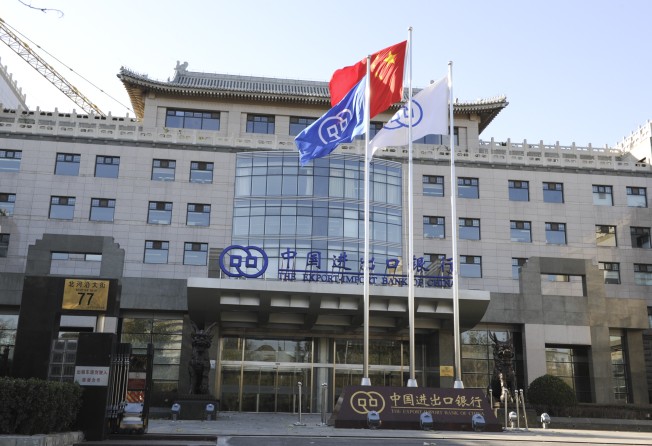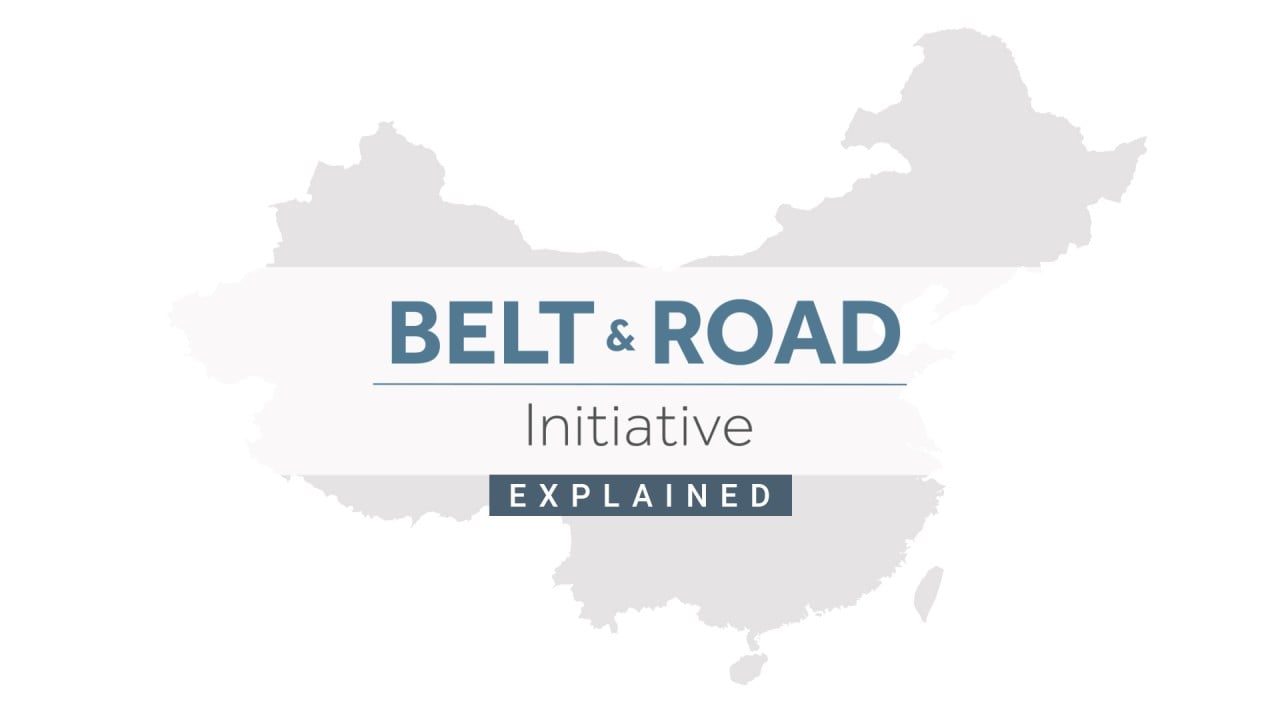Debt-trap diplomacy? Report finds China can cancel loans if displeased
- China’s contracts give lenders broad scope to cancel loans or accelerate repayments if debtors’ policies are deemed contrary to Chinese interests, researchers find
- Loans have become more secretive and usually prevent borrowers restructuring, according to ‘How China Lends’ report

China’s loans to developing countries commonly involve contracts allowing it to terminate or speed up repayments if recipients’ actions are against Chinese interests, a report has found.
Such actions include ending diplomatic relations with Beijing, while the loans typically involve an unusual degree of confidentiality and prohibit borrowers from restructuring, according to a study of 100 Chinese contracts signed between 2000 and 2020 with 24 countries, 47 of them involving public resources in Africa.
Titled “How China Lends” and published on Wednesday, the report was compiled by researchers from AidData, a lab at the College of William & Mary in the US, along with Washington-based think tanks the Centre for Global Development and the Peterson Institute for International Economics, and German think tank the Kiel Institute for the World Economy.
There has long been scepticism internationally about China’s overseas investments, especially the transparency of contracts under its infrastructure strategy the Belt and Road Initiative, which has been a banner to expand global Chinese influence through investments and loans since its introduction in 2013.
Some, including the previous US administration, have accused China of conducting “debt-trap diplomacy” and extracting economic or political concessions when countries cannot service loans. Beijing has repeatedly denied that accusation and said it takes a “no strings attached” approach to offering loans.
The new report found that China’s contracts give it broad latitude to cancel loans or accelerate repayment if it disagrees with a borrower’s policies. For example, some contracts involving China Development Bank (CDB) allowed it to take such actions if a borrower, in broadly defined terms, acted contrary to the interests of “a [People’s Republic of China] entity”.
“Such terms position Chinese state-owned institutions to act in concert, amplifying their collective bargaining power vis-à-vis the developing country,” the report said, adding that all eight CDB contracts it examined had included the severing of diplomatic relations with China as an “event of default”. In 90 of the 100 contracts, events of default were defined to include policy changes in China or in the debtor country.
This “effectively limits the borrower’s policy space to cancel a Chinese loan or to issue new environmental regulations”, the researchers said.
Worth a total of US$36.6 billion, 76 and eight of the loans respectively came from Export-Import Bank of China and CDB, China’s biggest development banks, with the rest coming from China’s state-owned commercial banks, state-owned enterprises and the central government. They went to 47 recipients in Africa, 27 in Latin America or the Caribbean, 11 in Eastern Europe, 10 in Asia and five in Australasia.
The contracts were found to contain “unusually broad confidentiality clauses” preventing borrowers revealing the terms or even the existence of the loans.
The researchers used Cameroon as a benchmark and compared its 142 loans from 28 commercial, bilateral and multilateral creditors globally with the Chinese ones. The central African nation was, according to the study, the only developing country that made public all of its project-related loan contracts with non-Chinese creditors between 1997 and 2017.
China’s contracts have become more secretive over time, the researchers said, with every available China Eximbank contract since 2014 including confidentiality clauses. Only two of Cameroon’s 142 contracts with lenders in other countries contained comparable clauses, while standard commercial loan contracts – used by the researchers for comparison - imposed confidentiality obligations primarily on the lenders.
“Borrower confidentiality obligations outside the Chinese sample are rare and narrowly drawn,” the report said.
“Overall, the contracts in our sample suggest that China is a muscular and commercially savvy lender to developing countries,” the researchers concluded.
“Chinese contracts contain more elaborate repayment safeguards than their peers in the official credit market, alongside elements that give Chinese lenders an advantage over other creditors,” the report said.
In addition, the research found that Chinese contracts contained provisions positioning Chinese state-owned banks as senior creditors whose loans should be repaid on a priority basis.
Nearly three-quarters of the Chinese contracts contained “no Paris Club” clauses, preventing the borrower restructuring via the informal group of officials from major creditor countries that aims to find what it calls “coordinated and sustainable solutions” to debtor countries’ payment difficulties.
Scholars have estimated China has signed more than 2,000 loan agreements with developing countries since the early 2000s, which would mean the 100 publicly available contracts examined in the report account for only 5 per cent. But the report’s authors said there was “substantial overlap” in their terms, suggesting they may be representative.
